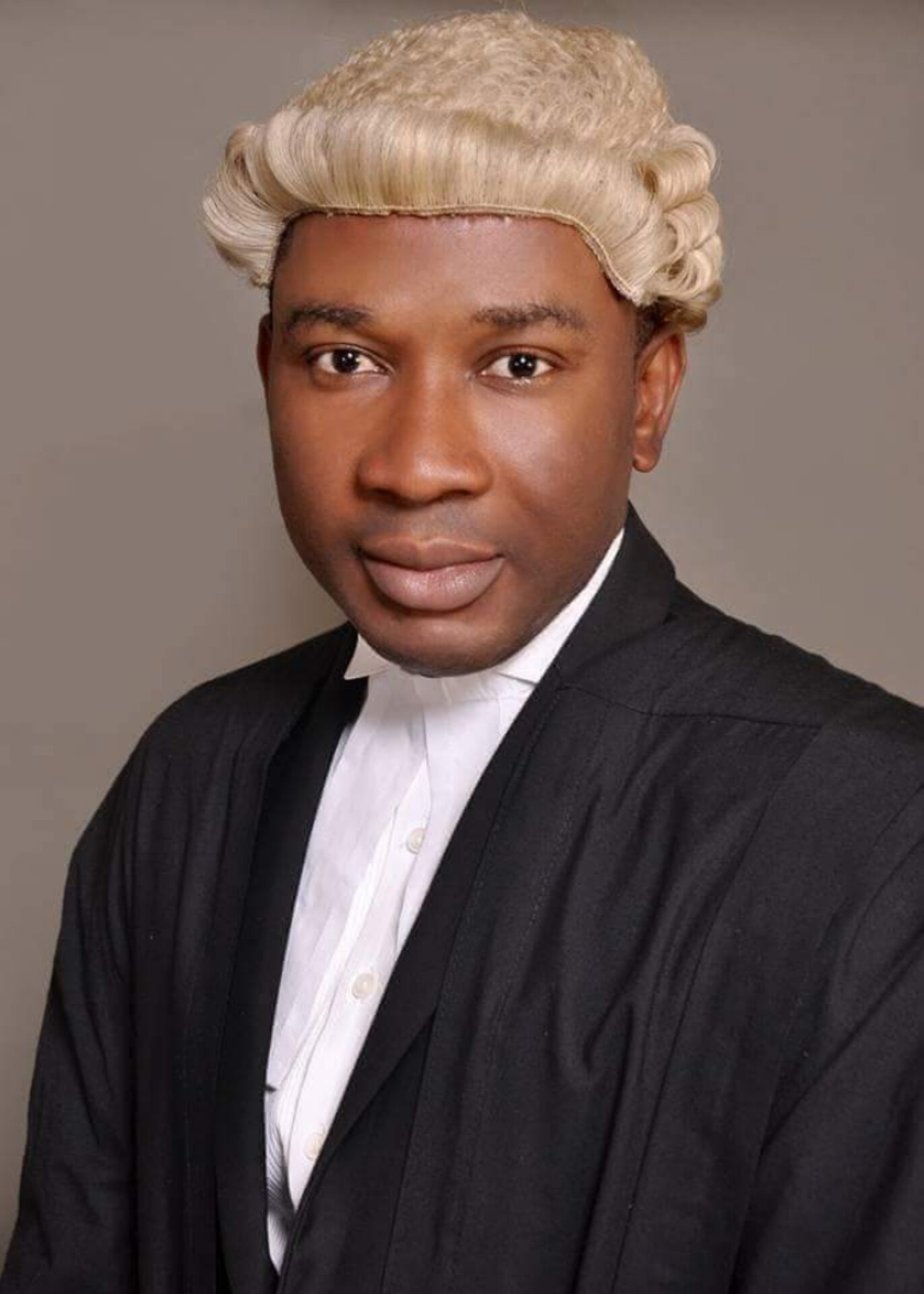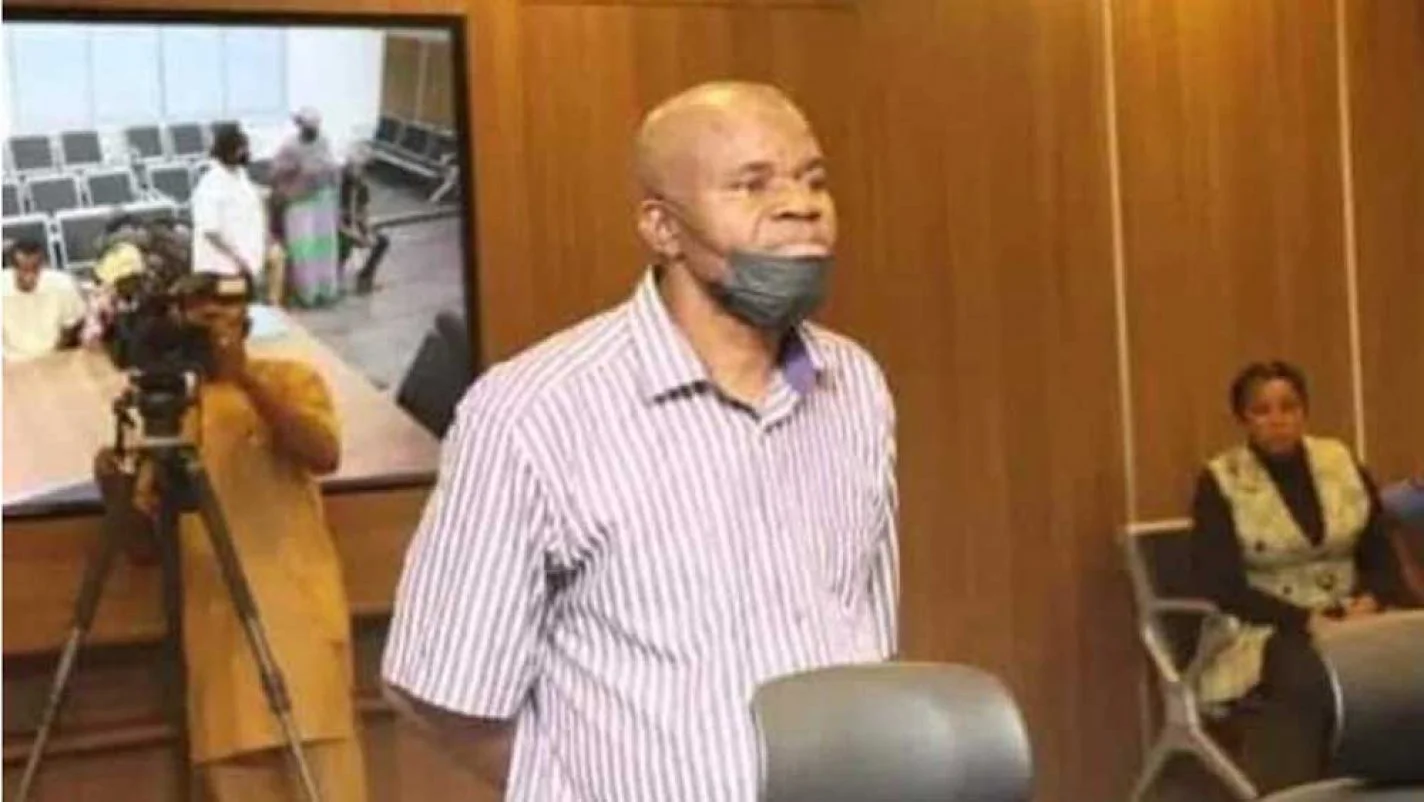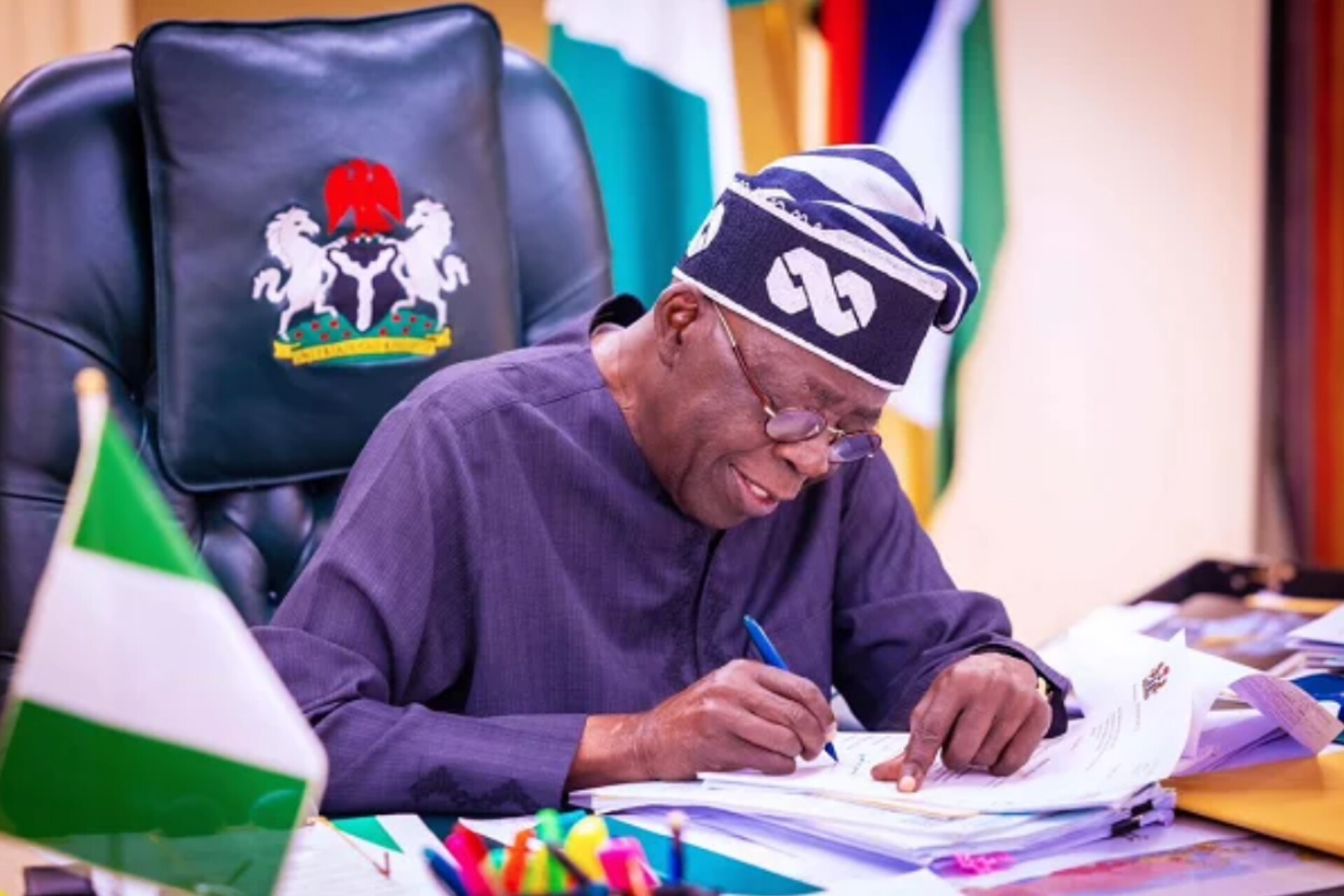***Challeges Judiciary to rescue its own image
A Human Rights activist who is also barrister and Solicitor of the Supreme Court of Nigeria, Chukwudi Ezeobika has called out the Independent National Electoral Commission (INEC) for not exercising due diligence in conducting proper investigation on information or certificates submitted to it by persons aspiring for public offices.
The activist challenged the judiciary to use the opportunity to redeem its Image
He said the action or inaction of the Electoral umpire has brought the country to disrepute before the international community as the certificate of its President is subject to scrutiny, casting doubt on the integrity of the country’s leadership.
These were contained in a statement he signed and made available to newsmen on Sunday in Abuja.
Speaking against the backdrop of the Chicago State University (CSU) certificate controversy he said the Electoral Umpire has brought so much embarrassment on the entire country because of its failure to do the needful.
This, he said is an issue to be worried about as it raises serious questions on the integrity, capacity and true independence of the Commission as currently constituted.

“Having received huge budgets (which amounts to billions of Nigerian naira) both from the Nigerian government and international donors, it remains inconceivable how the INEC Chairman, Prof. Yakubu Mahmood could betray the very trust bestowed upon him by Nigerians to give them a brighter future through the conduct of a free, fair and credible election.
He said the expose brings to question the continued stay in office of President Tinubu.
“The decision by Bola Ahmed Tinubu to aspire to become a President in Nigeria knowing fully well the extent of his dishonesty is troubling.
He also questioned his decision to remain in office after recent revelations by the Chicago State University on his academic records following an order of a United States District Court in Northern Illinois, saying it remains not only reprehensible but repulsive.
“These certificates were consciously and duly deposed to by President Bola Tinubu before a Commissioner for Oaths and were later submitted to INEC in the relevant forms prior to the general elections.
“Nigerians have, to a great extent, lost hope and confidence in the Nigerian electoral system as well as the judiciary as justice has consistently been sacrificed on the alter of technicalities and or procedures.
“The relevance and morality of laws enacted by the National Assembly and judgements delivered by the Courts respectively, have become not only alien but at variance with the wishes, desires and aspirations of the Nigerian people especially her teeming youths.
“The Judiciary in any democracy remains the last hope of the common man and when the integrity of any Judicial system is in question and or undermined, then the entire superstructure, including the continued existence of such society is in ruins.
“The time for the Nigerian Judiciary to redeem its integrity and image is now and the future of the Nigerian State will ultimately be shaped by the actions and or inactions of persons appointed to admister justice in our Courts.”




